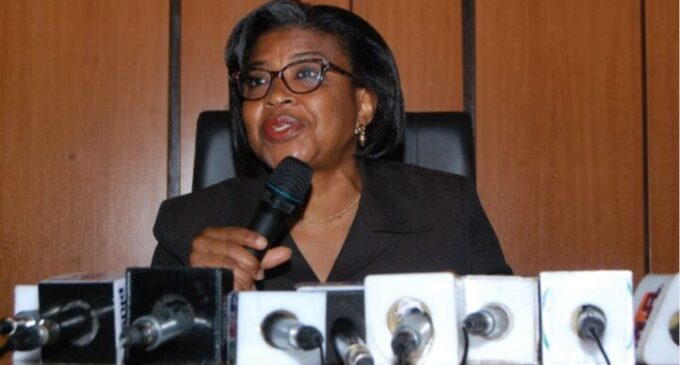Rivers State, Lagos, and Ogun states are in the lead as the most indebted states in Nigeria, as domestic debt owed by state governments and the Federal Capital Territory administration rose to N4.82tn in the first quarter of 2022.
The latest data from the Debt Management Office (DMO) shows that Lagos owed N780.48bn; Ogun, N241.98bn; and Rivers, N225.51bn as of March 2022.
DMO had reported via its official website that the country’s total public debt stock increased to N41.60tn in the first quarter of 2022 from N39.56tn as of December 2021.
“The total public debt stock as at March 31, 2022, was N41.60tn or $100.07bn, according to the Debt Management Office.
“The amount represents the domestic and external debt stocks of the Federal Government of Nigeria, the thirty-six state governments, and the Federal Capital Territory. The comparative figures for December 31, 2021, were N39.56tn or $95.78bn,” the report read partly.
The data office said the total public debt stock includes new domestic borrowing by the FG to partly finance the deficit in the 2022 Appropriation Act, the $1.25bn Eurobond issued in March 2022, and disbursements by multilateral and bilateral lenders.
Reacting, the Chief Executive Officer, Centre for the Promotion of Private Enterprise, Dr. Muda Yusuf, said the rising debt profile of the government raised serious sustainability concerns.
According to him, “The government tends to argue that the condition was not a debt problem, but a revenue challenge; the truth is that debt becomes a problem if the revenue base is not strong enough to service the debt sustainably.
“It invariably becomes a debt problem and possibly a debt crisis. The government’s actual revenue can hardly cover the recurrent budget, which implies that the entire capital budget and part of the recurrent expenditure are being funded from borrowing. This is surely not sustainable.”
Meanwhile, the states with the least domestic debt stock include Ebonyi, with N41.63bn; Jigawa, N42.73bn; and the Federal Capital Territory, N51.15bn.




